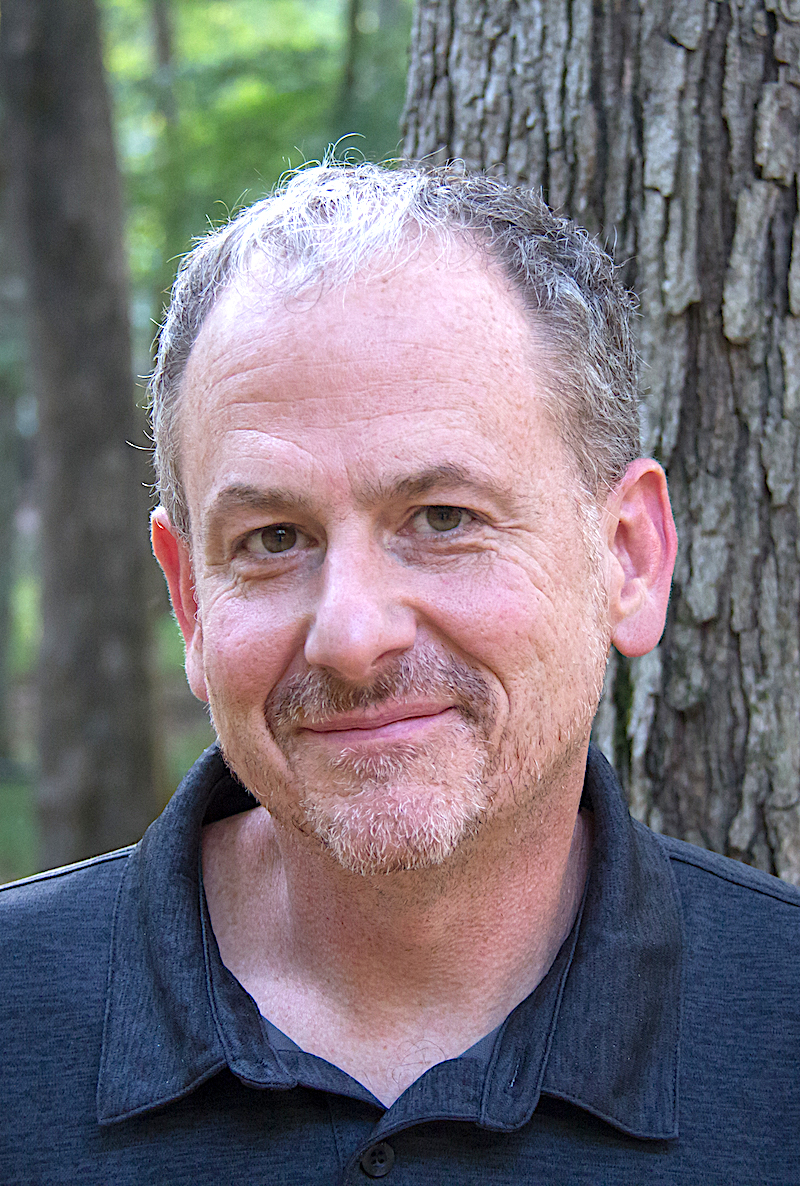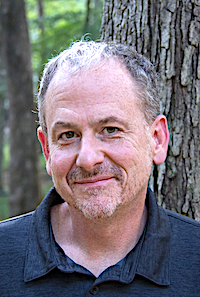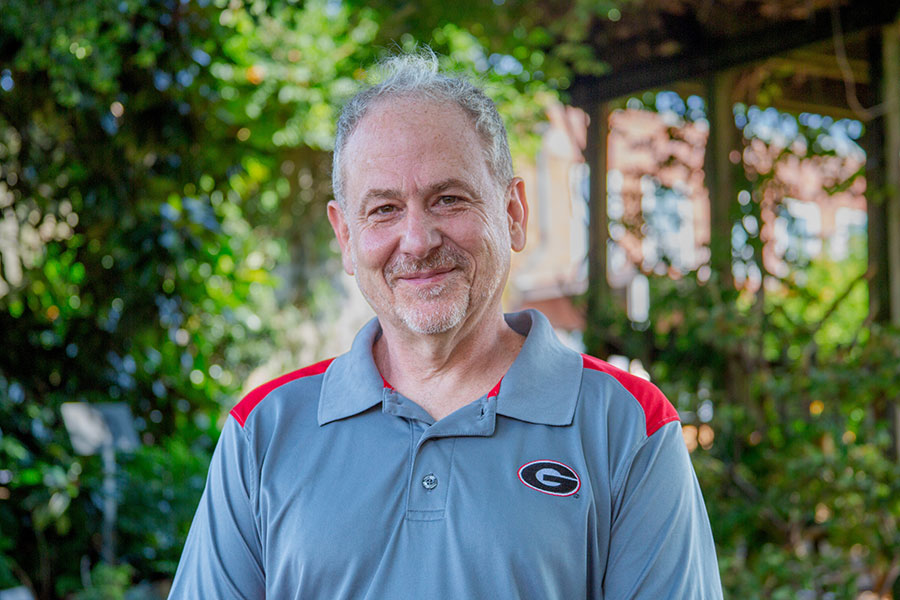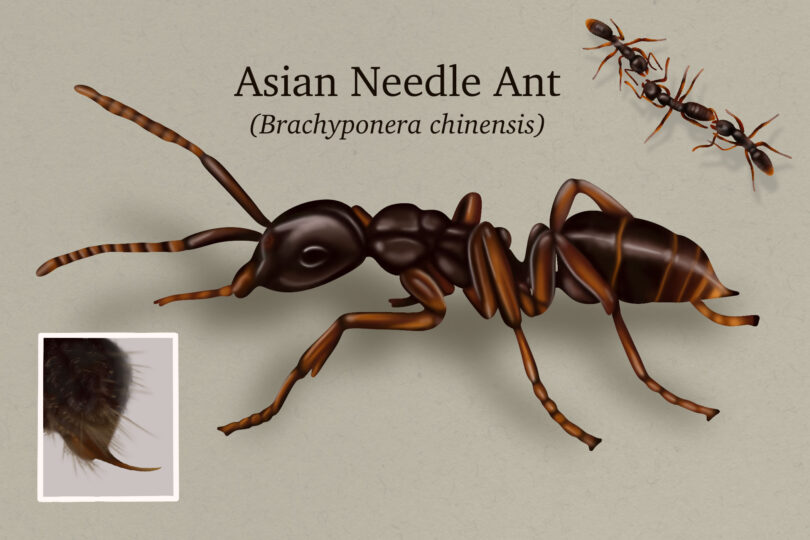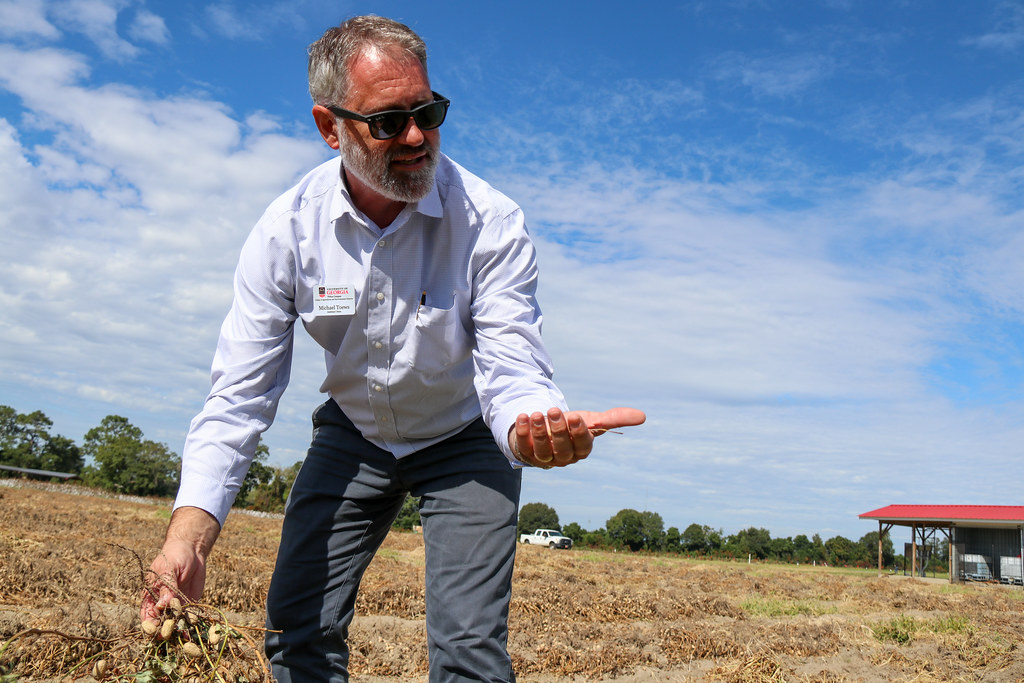Bill Snyder, the newest researcher to join the University of Georgia Department of Entomology, is looking forward to working with the wide diversity of soils, climates and cropping systems in the Southeastern U.S. He joined the UGA College of Agricultural and Environmental Sciences faculty in July and is based on the main campus in Athens.
Snyder comes to Georgia from Washington State University where, for nearly 20 years, he served as the biocontrol specialist in the Department of Entomology. In that position, he was responsible for statewide biological control research and extension work in a wide array of vegetable crops on both large and small farms, including many organic farms.
Out west, his research was focused on the value of on-farm biodiversity for natural pest control. Intensified, modern farming methods often lead to very large fields of single crops because of the efficiency of production at that scale. However, removing natural habitats and simplifying the range of plant species grown can make it difficult for beneficial pollinators, predatory insects, soil bacteria and other helpful species to survive.
As part of his research efforts, Snyder looked for ways to return beneficial biodiversity to farms to restore valuable “ecosystem services” while maintaining farm productivity and profitability.
Snyder and his laboratory team have developed a new interest in the ecology of food safety on the farm. In the Pacific Northwest, they found that dung beetles and antagonistic soil microbes effectively suppress pathogenic E. coli that otherwise can contaminate fresh produce.
Their recent work is beginning to suggest that wild songbirds, sometimes viewed as vectors of human pathogens best excluded from farms, eat many pest insects and pose few food safety risks.
At UGA, Snyder hopes to pursue similar food safety work alongside research into how beneficial bacteria and fungi in the soil allow plants to protect themselves against plant-feeding insects and attract predatory insects to their defense. He also intends to continue to research with farmers interested in learning more about beneficial insects, birds, or soil organisms on their farms.
Originally from Allentown, Pennsylvania, Snyder earned a bachelor’s degree in biology from the University of Delaware, a master’s degree in ecology from Clemson University and a doctoral degree in entomology at the University of Kentucky. His graduate work focused primarily on the ecology of predatory insects and spiders, including those important for the biological control of agricultural pests.

